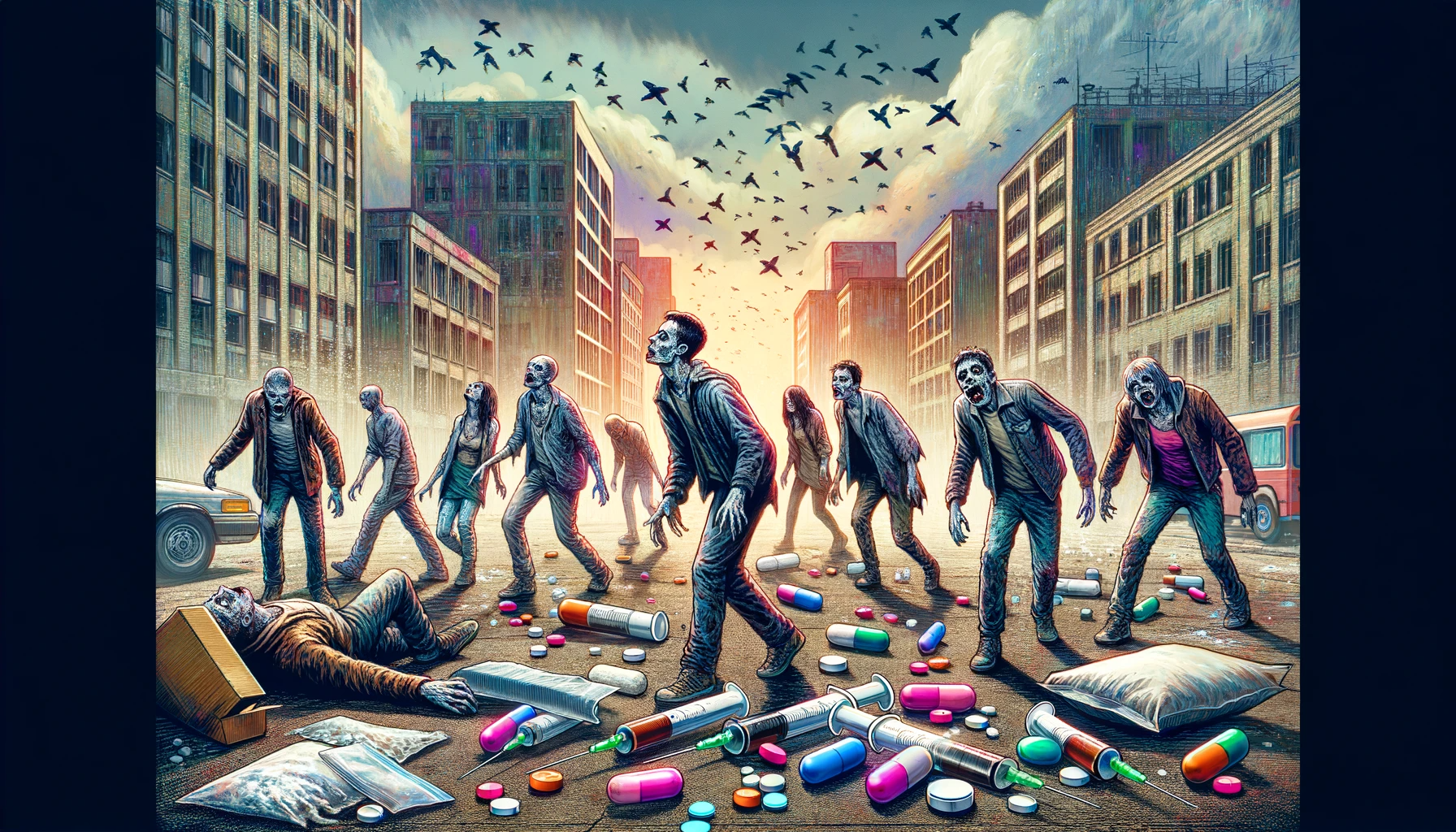Identifying psychological triggers involves several steps:
- Identify Your Responses: Pay attention to your emotional and physical reactions when you feel overwhelmed. Note feelings like anger, sadness, or physical symptoms like a pounding heart or rapid breathing.
- Retrace Your Steps: Reflect on what led to these emotions. Analyze your activities and surroundings prior to the onset of these feelings to identify potential triggers.
- Repeat the Cycle: Understanding triggers can be complex and may require multiple attempts. If the process is challenging, consider seeking professional mental health care to assist in identifying and managing these triggers.





















